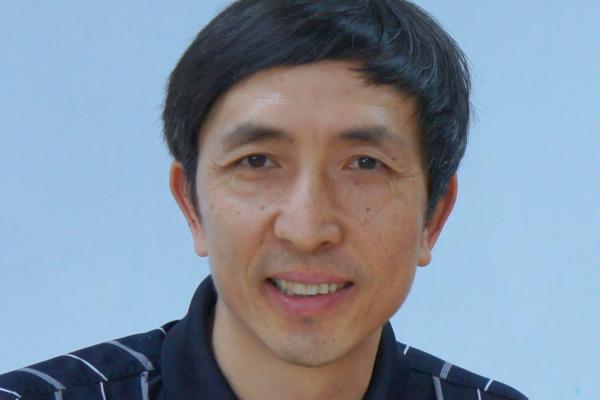
The Department of Psychology Cognitive Area and the Center for Cognitive & Brain Sciences including the Institute for Chinese Studies presents the "Global and Transnational Experiences" Lecture Series
"The Bilingual Brain: Neuroplasticity as a Function of Second Language"
Flyer: ![]() Colloquium Announcement - Ping Li.docx
Colloquium Announcement - Ping Li.docx
Abstract: How does the learning of a new language change the brain, when the brain is already dedicated to one’s native tongue? While the mainstream cognitive neuroscience of language has focused on the processing of only one language, in recent years there has been a surge of interest in the neuroplasticity of the bilingual brain. In this talk, I ask how second language experience shapes functional and neuroanatomical changes on top of experience with one’s first language, and address this question with evidence from a number of our longitudinal or training studies of students who learn Chinese and Spanish as a second language. We attempt to identify (a) how neurocognitive changes occur as a function of contexts and methods of learning, (b) how such changes may capture learning success and effectiveness, and (c) whether such changes may be predicted based on individual learners’ neurocognitive profiles. Our findings point to the significance of study of the bilingual brain and the implications that it has for understanding brain- behavior-cognition relations and individual differences in learning and representation.
Research Background: Ping Li is Professor of Psychology, Linguistics, and Information Sciences and Technology at the Pennsylvania State University, where he is also Co-Chair of the Inter-College Graduate Program in Neuroscience, Co-Director of the Center for Brain, Behavior, and Cognition, and Co-Director of the Advanced Joint Center for the Study of Learning Sciences. His research interests are in the cognitive science and cognitive neuroscience of language acquisition and bilingualism, and his publications include co-authored books such as Acquisition of Lexical and Grammatical Aspect; Handbook of East Asian Psycholinguistics; the Psycholinguistics of Bilingualism; and Having Success with NSF: A Practical Guide. He is currently Editor-in-Chief of the Journal of Neurolinguistics and Associate Editor of Frontiers in Psychology: Language Sciences. He has previously served as Editor of Bilingualism: Language and Cognition, President of the Society for Computers in Psychology, and Director for the Cognitive Neuroscience Program and the Program in Perception, Action, and Cognition at the National Science Foundation. For more information about Li’s research please see http://blclab.org/.
This event is sponsored by:
The Center for Cognitive and Brain Sciences
The Delos D. Wickens Lectureship Fund and the Cognitive Area Speakers Fund
East Asian Studies Department
Institute for Chinese Studies
U.S. Department of Education Title VI Grant
